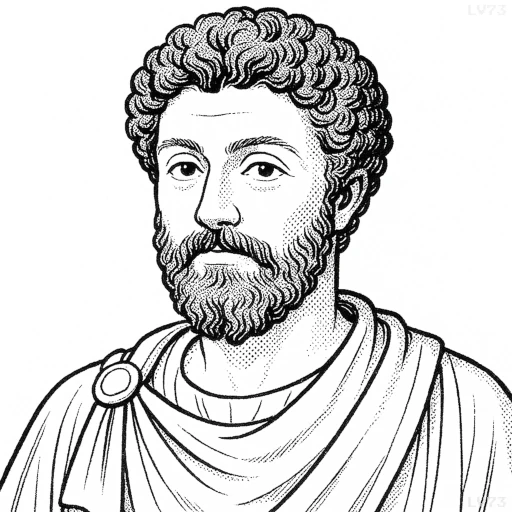“Anger cannot be dishonest.”

- April 26, 121 – March 17, 180
- Roman Empire
- Roman Emperor
table of contents
Quote
“Anger cannot be dishonest.”
Explanation
In this quote, Marcus Aurelius asserts that anger, by its very nature, is an honest emotion—it is a direct and unfiltered reaction to a perceived wrong or injustice. When we are angry, we are often experiencing a raw, gut-level response to something that feels wrong, unjust, or threatening. Anger, therefore, cannot lie about what is happening in the moment, as it is a genuine expression of our feelings. However, while anger itself is an honest emotion, the way we act on or express that anger can be dishonest if it is not aligned with reason, virtue, or truth.
Aurelius, being a Stoic philosopher, recognized that emotions like anger could be useful in understanding our reactions to the world, but it was essential to manage them in a way that did not cause harm to ourselves or others. Anger, when unchecked or misdirected, can lead to rash actions and irrational decisions that are far from virtuous. The Stoic path is not to eliminate anger but to understand it and respond with reasoned action. Today, this insight is particularly relevant, as unchecked anger can often lead to misunderstandings or conflict in personal and professional relationships.
In practical terms, this quote encourages us to acknowledge our anger when it arises but to recognize that while it may be honest, it does not always reflect the best course of action. For example, when feeling angry in a situation, rather than acting impulsively or reacting in a hurtful way, we can pause and reflect on whether our anger is being expressed constructively or if we are allowing it to drive us to dishonest behavior, such as saying things we don’t truly mean or misdirecting our frustration. By managing anger with awareness and integrity, we can ensure that it remains a tool for understanding, rather than a destructive force.
Would you like to share your impressions or related stories about this quote in the comments section?



